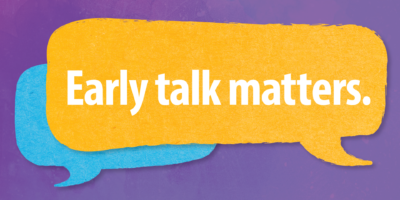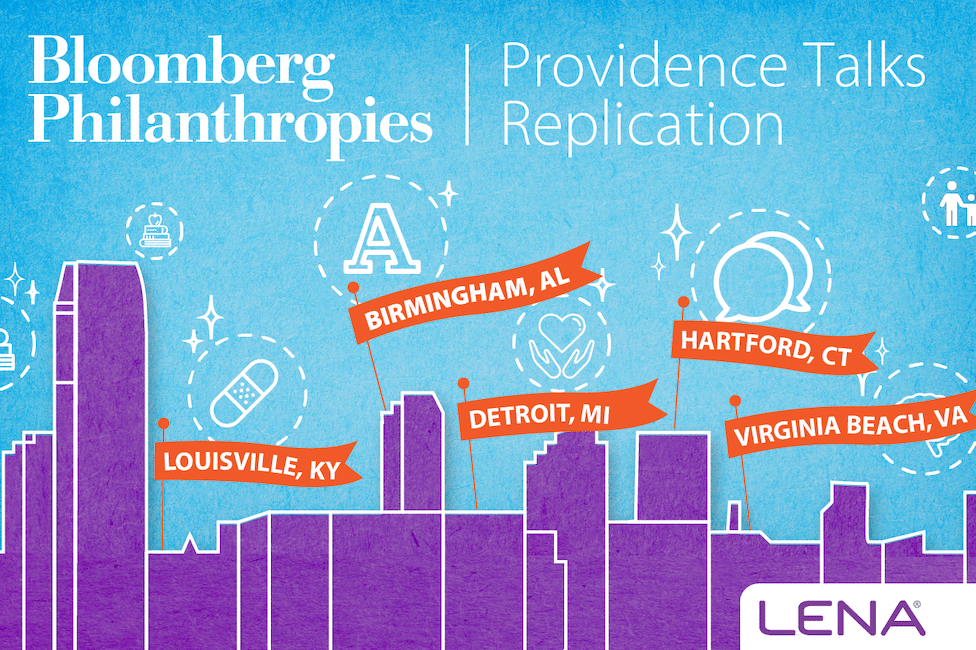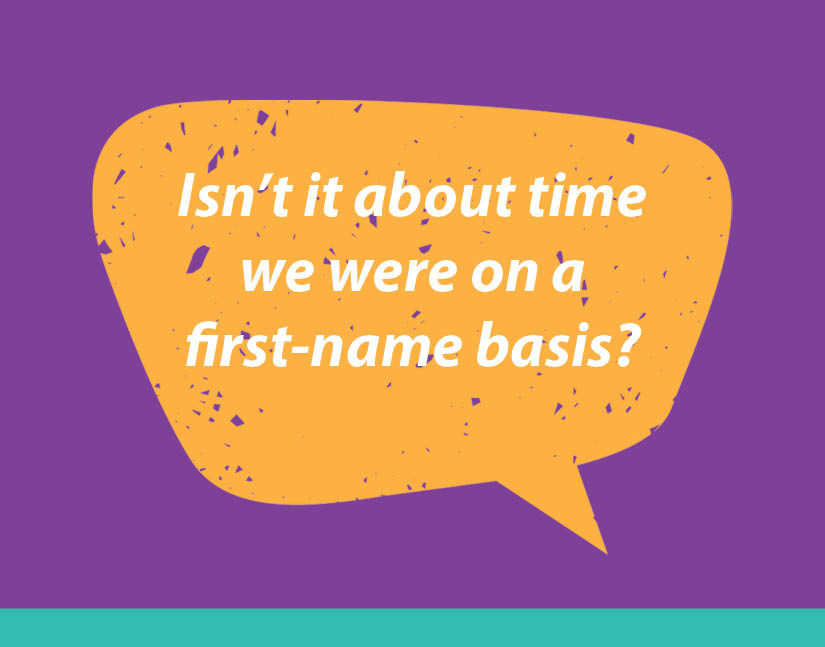
As noted in the frequently-circulated NPR piece by Anya Kamenetz, “Let’s Stop Talking About the ‘30 Million Word Gap,’” our research (conducted with advanced technology) found that some children are exposed to millions fewer words than their peers by age four (and indeed the average difference would be about four million words based on our sample1). No, it probably isn’t 30 million words and, even more importantly, it isn’t words by themselves at all.
However, recent brain imaging and longitudinal studies indicate that conversational turns — back and forth alternations between a child and an adult — have unique brain-building power. Helping parents, caregivers, and early childhood teachers have more conversations with their children helps build a better foundation for learning.
Not to let caregivers know about these tools out of concern for stigmatizing poverty, or for any other well-intentioned reason, is like ignoring lead in the water because it’s most commonly found in lower income neighborhoods.
There are linguistic and cultural variations we must respect. But regardless of what parents say with their kids, how they say it, or in what language, science shows more conversation is better than less.
In addition to the research, once parents and teachers see more opportunities to increase conversations in daily life, they share powerful stories of the benefits they see in their families and their children. That’s one reason why thousands of parents and teachers have completed LENA programs. Another reason is grassroots implementation by people committed to, and part of, their local communities.
Intervention programs using LENA have witnessed rapid growth in interactive language, along with related improvements in child engagement, social capital, parent satisfaction, and teacher self-confidence and skill.
At LENA, we believe that adult caregivers have the power to make a difference in a child’s life. Helping parents – and early childhood teachers – use that power to boost vocabulary and literacy is a good thing.
1. It’s worth noting that when examining the wings of the normative distribution derived from our sample, the differences grew to 30 million words.
Further reading:
Understanding Conversational Turns
Talking with children matters: Defending the 30 million word gap
Language Matters: Denying the Existence of the 30-Million Word Gap Has Serious Consequences




